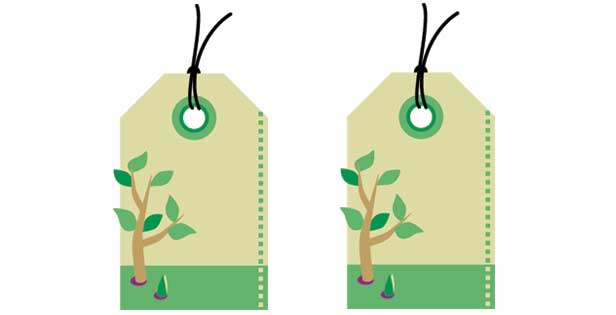May 31, 2019
How to Sell Eco-Friendly Apparel
Apparel distributors and decorators interested in selling sustainably made apparel often run up against a familiar roadblock: price.

“Everybody will tell you, ‘Yes, I’d rather buy a product that’s eco-friendly,” Chris Fox of Hanes says. “Still, the question is, especially across the mainstream: Are they voting with their pocketbook? That’s still TBD.”
The same holds true in the printwear market, says Rachel Newman, vice president/general manager of Hanes Activewear. Printers will often say they want a more sustainable product and would pay more for it. “When you actually start to put dollars and cents to it, it really doesn’t translate yet.”
That’s why Hanes intentionally launched its EcoSmart line with a percentage (about 5%) of polyester recycled from plastic bottles that wouldn’t require them to raise the price, she adds.
But that’s not the only way to handle the price conversation. For clients already willing to spend a little more for a high-quality garment, says Denise Taschereau of Fairware, it’s easy enough to shift the conversation to something organic or recycled, since there won’t be much of a price difference. In fact, adds Kriya Stevens of econscious, there are times when conventional brands, particularly ones with fashion-forward styles, cost more than her company’s organic tees.
Another winning strategy can be customer education. Consider this story from Allmade Apparel: A sustainability club at a university in the northeast needed to purchase a few hundred T-shirts. Initially, the club decided to go with a 50/50 blend name-brand shirt instead of the more sustainable option from Allmade. Instead of taking no for an answer, the print shop worked with Allmade to calculate the true environmental cost of purchasing the conventional garments. “They didn’t know how wasteful fashion was,” Allmade’s Ryan Moor says. “They changed their order.”
The impact calculator Allmade formulated, available on the company’s website (impact.allmade.com), has become a valuable sales tool, Moor says. When you plug in the number of shirts you plan to buy, the calculator will show you stats including how many gallons of water you’d save and how many plastic bottles you’d recycle compared to typical counterparts. Says Moor: “It tells you the impact of your order.”

Product Hub
Find the latest in quality products, must-know trends and fresh ideas for upcoming end-buyer campaigns.
